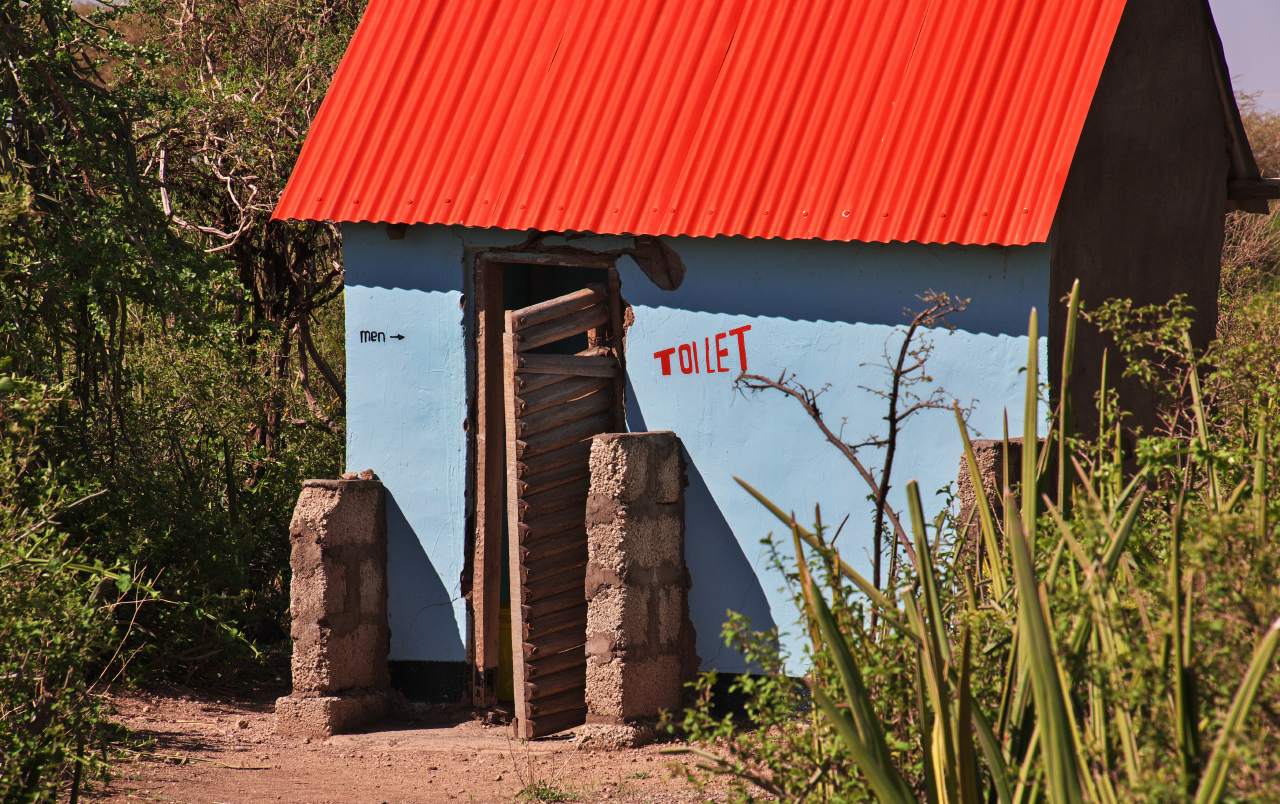Rising wheat prices have contributed to food inflation in Kenya. The cost of goods and services has increased significantly due…
This article was originally published by IEA-Kenya.
It is estimated that one-third of the world’s population is served by onsite sanitation which is mainly found in low-income countries and that the majority of fecal sludge is discharged untreated into the environment, placing a huge burden on the public and environmental health. The importance of improved fecal sludge management (FSM) in reducing public health and environmental impacts cannot be over emphasized. Carr (2001) for example, notes that fecal sludge management reduces diarrhoeal morbidity by 36%. IEA-Kenya participated in the implementation of a four-year project with SNV Netherlands under the “Voice for Change” program. Focusing on evidence-based advocacy on sanitation confirms that engagement with stakeholders and conducting research and advocacy on sanitation is a driver for ensuring that a government invests in sanitation services.
The issue of toilets and understanding the concept of Fecal Sludge Management (FSM) whether it is on-site or off-site is important. It ensures that citizens have the knowledge of the process involved in the treatment of the sludge. This understanding of the various stages involved in fecal sludge management can in a way sway the belief and practices of communities that impair sanitation issues and hygiene practices. It improves efforts towards achieving the UN targets of Global Open Defecation Free (ODF) status by 2030. The handling of fecal sludge along the sanitation service value chain involves emptying, collection, transportation and disposal/reuse. Viewing fecal sludge as a valuable, reusable resource offers the opportunity for waste treatment, cost-recovery, plus additional profit.
While acknowledging the importance of FSM concept, advocacy has been key in ensuring better services in the FSM sector as well as bringing multi-sectoral stakeholders together and fostering effective partnership building. In particular, successful implementation and scaling of sustainable and viable FSM solutions require partnerships between the public and private sectors. Public-private partnerships (PPPs) can be important in improving service delivery in the sanitation sector both at the national and local levels of governance. In PPPs, the public sector creates an enabling environment with policies and regulations and defines budget priorities.
Under the IEA-Kenya and SNV Netherlands project, what came out clearly was that partnership between the local Civil Society Organization (CSOs) working together with the local government officers led to increased budget allocations towards sanitation services. This working relationship is a prerequisite for fostering investments even in the counties particularly on the sanitation value chain. Local governments can provide funds for hygiene promotion and sanitation marketing, fund and support local entrepreneurs and public sector agencies that seek to develop new appropriate technologies, review and revise restrictive planning regulations and promote the use of appropriate sanitation facilities.
Turning fecal sludge into product
The reuse of sludge is beneficial on different fronts. The first is on the sludge’s commercialization value. Treated sludge can generate revenues to the community or institutions that work around its treatment. After treatment, fecal sludge can be recycled in several ways (Gold et al., 2016; Nikiema et al., 2014; Diener et al., 2014). Examples in Africa include using it as compost fertilizer in agriculture, including in Kenya, Rwanda, Ghana and Senegal (Cofie et al., 2016; Adam-Bradford et al., 2018). It can also be converted to biogas and electricity, as piloted in Ouagadougou and Burkina Faso. Briquettes can be used as fuel instead of wood charcoal, or to biochar to sequestrate carbon for agriculture, as in Ethiopia (Woldetsadik et al., 2017).
Secondly, counties in Kenya are embracing the use of these product as an alternative source of energy. For Example, Nakuru Water and Sanitation Services Company (NAWASSCO) produces briquettes for sale from excreta. These are round-shaped carbonized briquettes made from treated sludge as an alternative fuel for domestic cooking and heating. Additionally, Sanivation, a social enterprise in Naivasha, Kenya, has been operating a waste transformation plant that safely treats fecal waste and recovers costs by transforming it into charcoal briquettes.
India is Asia’s third-largest producer and exporter of coffee. It has started producing the world’s most expensive coffee, made from the poop of civet cat, on a small scale, in Coorg district of Karnataka. The Civet coffee, also called as Luwark coffee, is expensive because of its uncommon production method. It is produced from the coffee beans digested by the civet cat. The feces of this cat are collected, processed and sold. It is highly priced because it is claimed to be more nutritious and due to the high cost involved in sourcing the animal dropping, wastage during processing and quality certification. Civet coffee, a drink of elite consumed widely in the Gulf nations and Europe, is sold for ca. 200 USD/kg abroad.
Conclusion
Talking about toilets may be awkward, but we need to act now and double our efforts if we are to eliminate open defecation. The government should start investing in the sanitation service value chain. While the challenges are significant, meeting the goal of universal sanitation by 2030 is possible. For that, we need greater investment, sustained effort and increased rates of sanitation coverage and engagement with county governments. It would lead to consistent and progressive prioritization of allocation to the Sanitation sector and move toward sanitation service value addition in the sector.
Additionally, sanitation practices have considerable adverse social costs, particularly during this time of pandemic. It is important for society to view shit in a pit not just as useless waste but as a product. It can improve the life of people economically. The poor state of sanitation has a negative impact on the health status, economic and social wellbeing, but the case for investment in sanitation is overwhelming given the expected returns.


